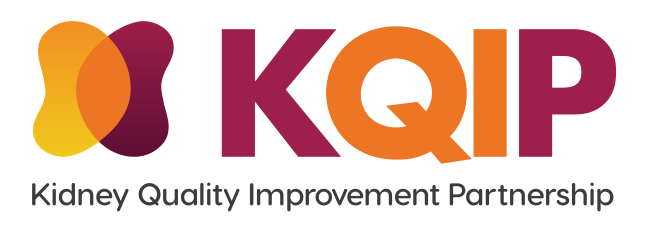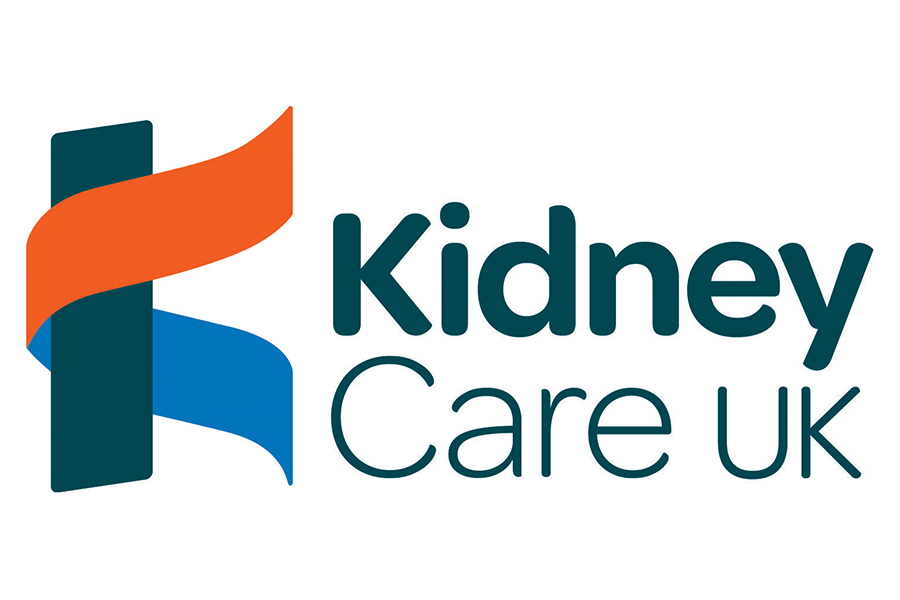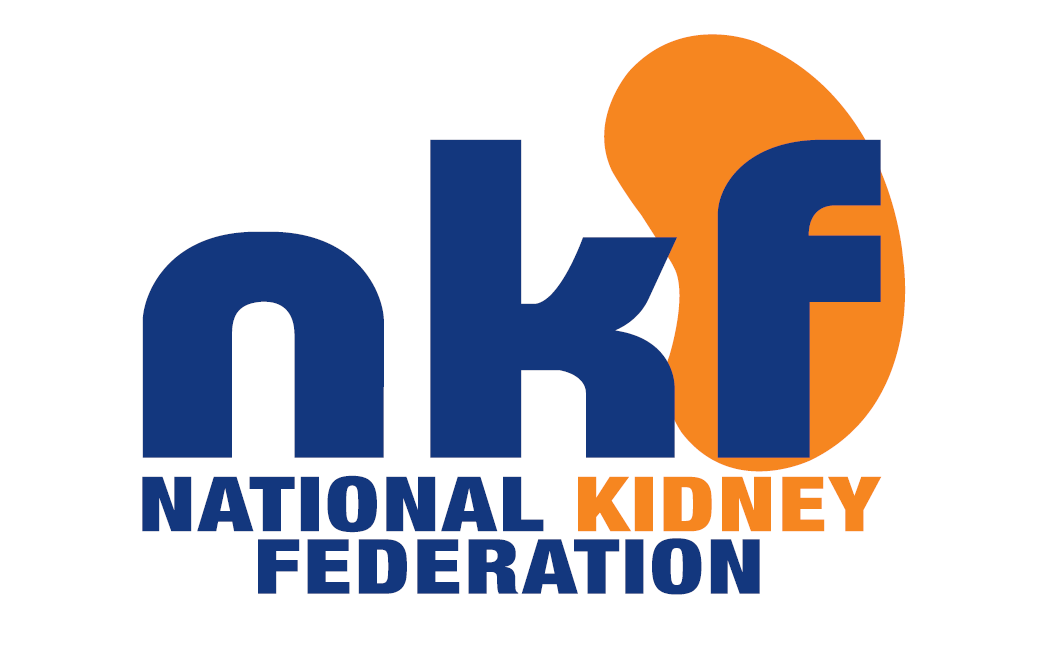Home dialysis roadshows and patient education events
University Hospital of North Midlands
Quality Improvement leads: Madhu Menon, Helen Capper
Aim: To increase the number of people choosing a home therapy
Introduction
For the six months prior to starting the DAYLife project, the number of people on a home dialysis therapy was in a steady decline at Stoke.
Our change ideas
- To increase patient and staff awareness of home dialysis therapy options
- To re-design our home dialysis therapy pathway
- To carry out a monthly route cause analyses to understand reasons why people stop home dialysis
- To link with in-centre haemodialysis team leaders to encourage self-care
Successes
- We carried out a week-long home therapy event including a radio broadcast, road-shows and education sessions across three sites
- We re-vamped our patient education pathway with a focus on home therapies
- We involved industry in staff education and pathway development
- We visited Shrewsbury to learn from their education model
“One disengaged and overwhelmed patient who had chosen in centre haemodialysis, attended our awareness session and the next day phoned the unit wanting to train on peritoneal dialysis”
“Someone known to the renal unit for 20 years decided to switch and is now on home haemodialysis”
“We received positive feedback on the warmth of staff, and on seeing someone living alone experiencing peritoneal dialysis – it was a great feeling”
Challenges
- We now have a back-log of patients who have been trained but who are waiting to start on a home dialysis therapy due to home conversion delays
- We were unable to sustain the number of people on peritoneal dialysis
- We found our education event was better for promoting home haemodialysis than peritoneal dialysis
What we have learnt
We had to do two teaching sessions because of over-subscription to our patient education days!
We now need to focus on:
- Running regular awareness days and involve both home haemodialysis and peritoneal dialysis patients to ensure equal promotion
- Prevention of infection in peritoneal dialysis
- Maximising training space/resources currently available
- Pathways for transitioning from CKD/transplant/urgent starts
Future plans and ideas to overcome challenges
- Meeting with suppliers to expedite home conversions
- Improved pathways for transition from peritoneal dialysis to Home haemodialysis and unplanned starts
- Pooling of resources (space in the haemodialysis unit and sharing of staff)
- Fast-tracking unplanned peritoneal dialysis starts (connect-disconnect and assisted peritoneal dialysis)
- Looking at introducing assisted Home haemodialysis
Want to know more? Get in touch with the QI team
Madhu Menon
Helen Capper



